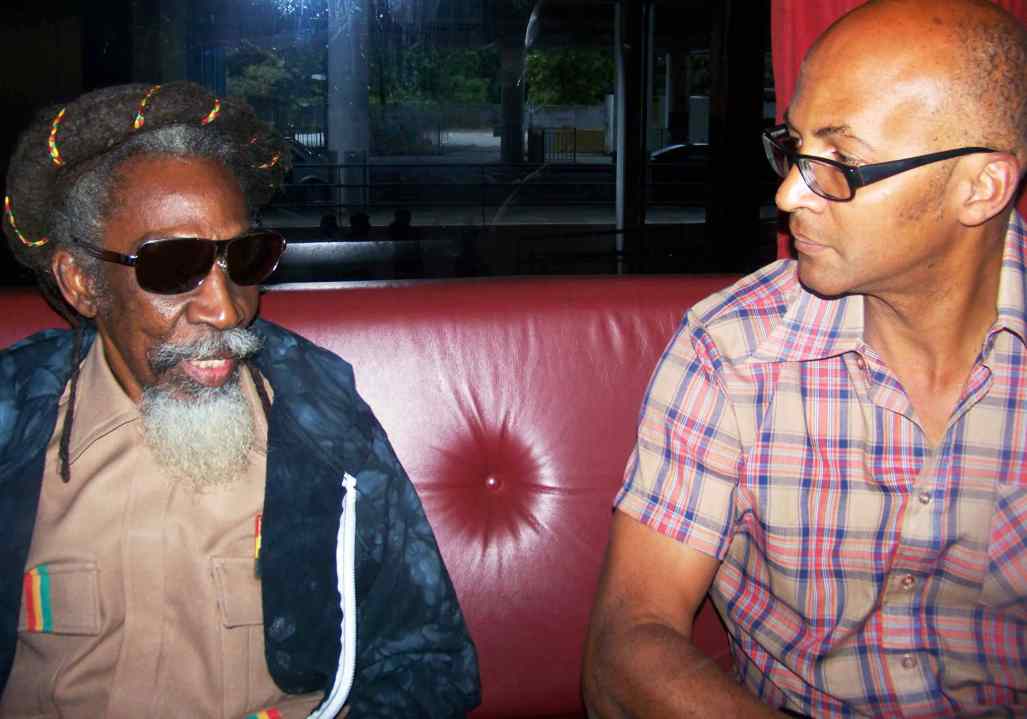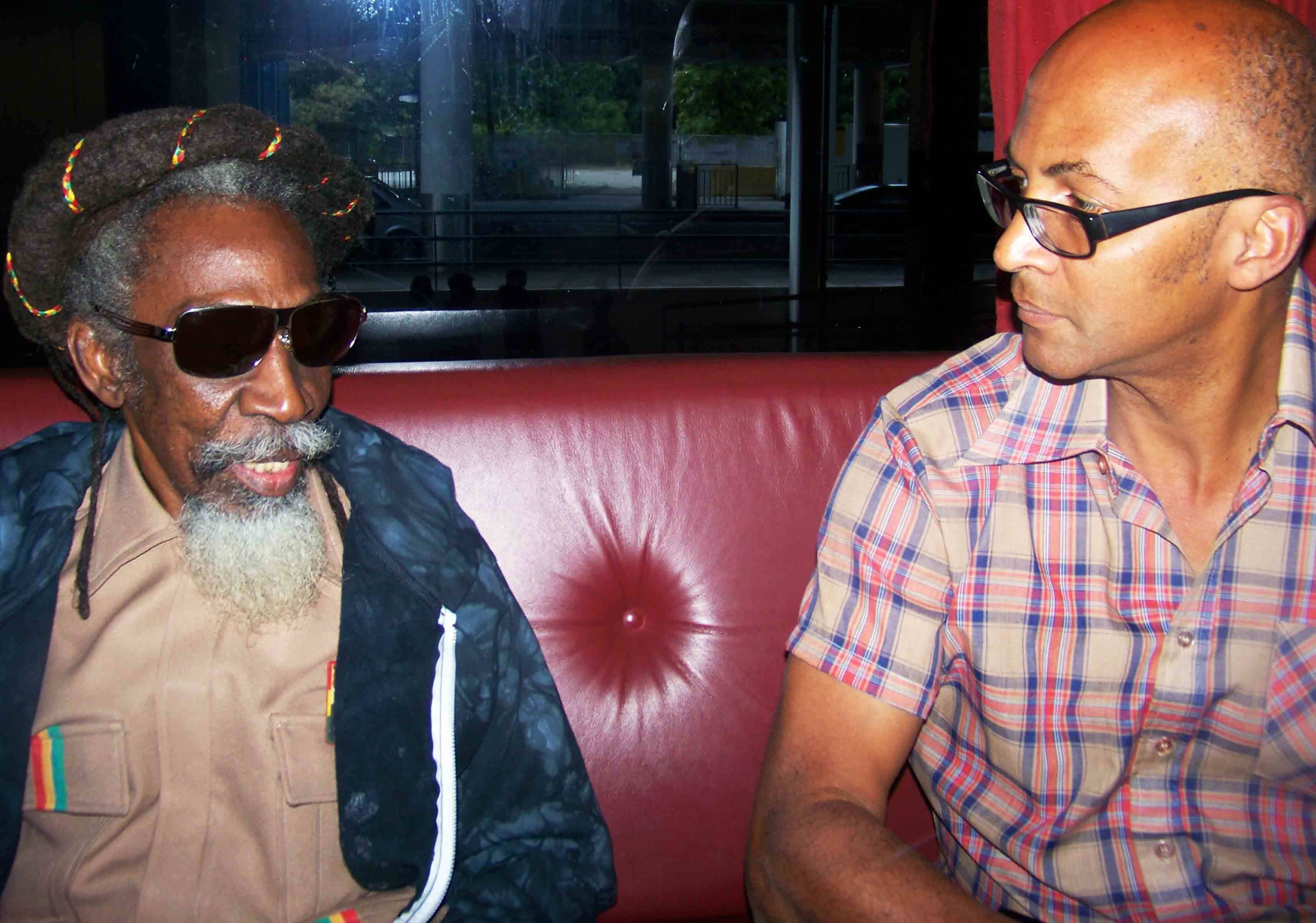Boris Johnson, Dominic Raab and Jeremy Hunt have all admitted that they tried cannabis as young adults. Neither the admission nor the THC psychoactive component of the drug, which makes you high, seem to have done them much harm in their pathways to successful careers in parliament. But a new governmental war on drugs is afoot which some fear may lead to unexpected consequences, and not just for those who ply their trade on street corners or draw up on Deliveroo-type scooters to supply cannabis as if it were a takeaway curry.
I wouldn’t bet on everyone getting caught up in judicial dragnets, though; I imagine that middle-class consumers will still largely avoid censure and that the police and the Crown Prosecution Services will continue to target working-class suppliers. These are the dealers who in popular imagination are gold-toothed sultans of bling, whose illegal entrepreneurship is a brief pit stop in the expected pipeline of their lives from school to prison. But for a little bit of good fortune, that trajectory might easily have been mine.
Sociologists assert that in terms of life chances — in education, employment and health — it’s best not to have been born black. My parents, Bageye and Ethlyn, left Jamaica for England in 1959. Early on, I recognised that they had a wealth of cultural capital that differed from our Irish and English neighbours in Luton. Ethlyn’s Jamaicanness was often expressed in her fierce belief in manners (it wasn’t qualified: you either had ‘manners’ or you did not) and in education. Captivated as a child by Tom Brown’s School Days, she remained enthralled as an adult by the British private school system. As far as I could make out, Bageye’s identity as a Jamaican was revealed in a love of ‘style’ and devotion to the company of his spars (friends), especially when it was fuelled by rum’n’coke and a draw of herb (marijuana).
Those two ways of being Jamaican converged on my tenth birthday when I was summoned to my parents’ bedroom and informed that they’d mapped out a future for me: I was to be a doctor. They’d realised that I had ‘good brains’ and were feeding me as much fish as possible but had concluded that my intelligence would be squandered if I had to go to the failing local state school. The plan, then, was to send me to a private school in St Albans. But Bageye worked on the production line at Vauxhall Motors; there was only one wage coming into the house and plenty pickney (children) to feed. Where would the money come from to pay for this folly of a private school education? As revealed in my upcoming BBC Radio 3 series, Herb, marijuana provided the answer. Through my father’s small-time drug dealing, marijuana funded my education.
Queen Victoria’s doctors prescribed cannabis for relief of Her Majesty’s menstrual discomfort
In 1973, two years after the introduction of the Misuse of Drugs Act, 700 people in Britain were arrested and prosecuted for possession of marijuana. At about the same time, I was driving round Luton with my father in a beaten-up Mini estate laden with marijuana packets. I was always amazed by his strategy when we were stopped. Bageye would promote the police constable immediately, bowing and scraping: ‘Yes, Chief Constable, Sir, Detective Inspector.’ Invariably the PC would laugh and wave us on.
Weeks before my first term at the new school, Bageye’s supplier was apprehended and became a police informant. My father was arrested and put on trial. He was not imprisoned, though, and, soon returned to dealing. Ethlyn lived on amber alert for a policeman’s knock on the front door, but not for long; eventually, she expelled Bageye from the house and our lives.
Ever since then, I’ve reflected on the impact of cannabis, not just on families and morals but on the mental development of young people, especially from the high-potency skunk strain. A few years ago, as I passed a group of teenagers on their way to school in Brighton, where I live, I was shocked that they reeked of cannabis. At least, though, I thought to myself, they’ll never be able to compete academically with my own son. The smug assessment lasted until I discovered a half-smoked spliff in my son’s bedroom a week later.
To those who appear to have no skin in the game, the relationships youths have with cannabis might seem like an intractable working-class societal problem. But there’s nothing to stop your child or grandchild becoming involved, too. In Britain, a third of 11- to 15-year-olds have dabbled, irrespective of their colour or social class, in cannabis. Figures from hospital admissions among this cohort following misuse of the drug have shot up.
We’re well versed in the dangers, but what about the benefits? Surely the most intriguing story today concerns the potential of medical marijuana. My brother, Christopher, endured years of epileptic seizures, partially controlled by drugs prescribed by doctors but with a terrible side effect; they left him feeling hollowed out with reduced mental capacity. Had Christopher lived in the 19th century he might have received more sympathetic treatment.
The Victorian neurologist Sir Edward Sieveking once observed: ‘There is scarcely a substance in the world, passing through the gullet of man, that has not at one time enjoyed the reputation of being an anti-epileptic.’ Today, candidate number one would appear to be cannabis, or more specifically cannabidiol (CBD), another component of cannabis that has been shown to have a calming effect on brain activity.
But, as Sieveking suggests, there have been many historical outliers. Cannabis’s use as medicine was recorded in a Chinese pharmacopoeia in 2700 BCE, credited to Emperor Shen Nung. Queen Victoria’s doctors prescribed it for relief of Her Majesty’s menstrual discomfort.
Cannabis prescription continued into the 20th century in Britain but was undone by the introduction of synthetic medicines and hypodermic syringes; cannabis wasn’t soluble and so couldn’t be injected. Almost a century on, cannabis as medicine is back in vogue but the claims made by manufacturers of the kind of non-prescription CBD that you might buy over the health food shop counter are bogus; there’s very little active substance in them. You might as well take a placebo.
Nonetheless, medical marijuana’s potential has accelerated the worldwide drum beat of decriminalisation. The irony of the changing narrative around the drug is not lost on my father’s Jamaican peers. If marijuana was a passenger, in the past it was forced to use dodgy, unlicensed mini-cab drivers; increasingly, with its status upgrade and the ‘green rush’, it’s now assigned to chauffeur-driven limos.
‘Good for mental hygiene’ was the description that Bunny Livingston (along with Bob Marley one of the original Wailers) gave to cannabis use, as he lit up a decade ago on his tour bus parked in Gatwick airport. I’d gone there to interview him. Rolling the most enormous spliff, the size of a parsnip, Jah Bunny spoke forcefully about the so-called creative benefits he derived from imbibing the sacred herb. Creativity is difficult to measure but undoubtedly, after his magnificent Blackheart Man reggae album, Bunny’s musical productivity trailed off over the years. Arguably, his enormous consumption of cannabis contributed to Bunny’s limited musical output.
My BBC Radio 3 series explores the cultural impact of cannabis — its rise and fall and rise again — now often associated with the greeting ‘peace and love’, and attached, in my mind, to a kind of harmony and nostalgia. But when I think of marijuana, ‘flower power’, John Lennon and Yoko Ono do not emerge through the fog and fumes of time. The lingering smell of cannabis was one I grew up with in the 1970s and I associated it with West Indians. Outside the front door of our house was Luton, England proper. Outside we were in ‘the Man’s’ space; inside the West Indian adults gathered like Catholics meeting in secret in a time of persecution. Imbibing a draw of herb was both a racial and cultural affirmation.
Cannabis is a vexing subject. Looking back at the education I received at private school, I sometimes wonder whether I’d have had a different kind of life if Bageye hadn’t disrupted the narrative expected of the son of poor, working-class migrants. Ironically, my father was conforming to a prejudicial stereotype of the black drug dealer. Though his actions provided a bridge to my advancement through British society, they also unintentionally exposed me to criminality. Nonetheless, I believe that political discussions around cannabis are often hypocritical and disingenuous. I carry no brief for the drug, but we should recognise that its supply is related to the kind of demand that men such as Johnson, Raab and Hunt generated in their youth.







Comments